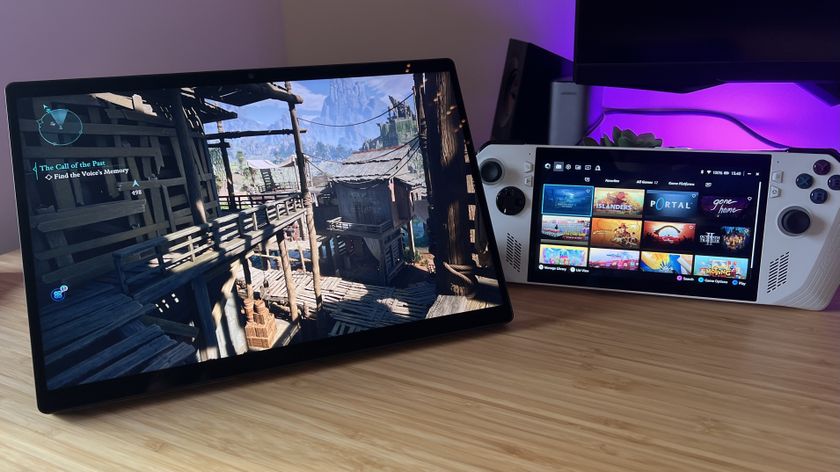The Last of Us 2 is "a story about the cycle of violence", says co-writer Halley Gross
Naughty Dog writer Halley Gross talks trauma, love, and dog murder
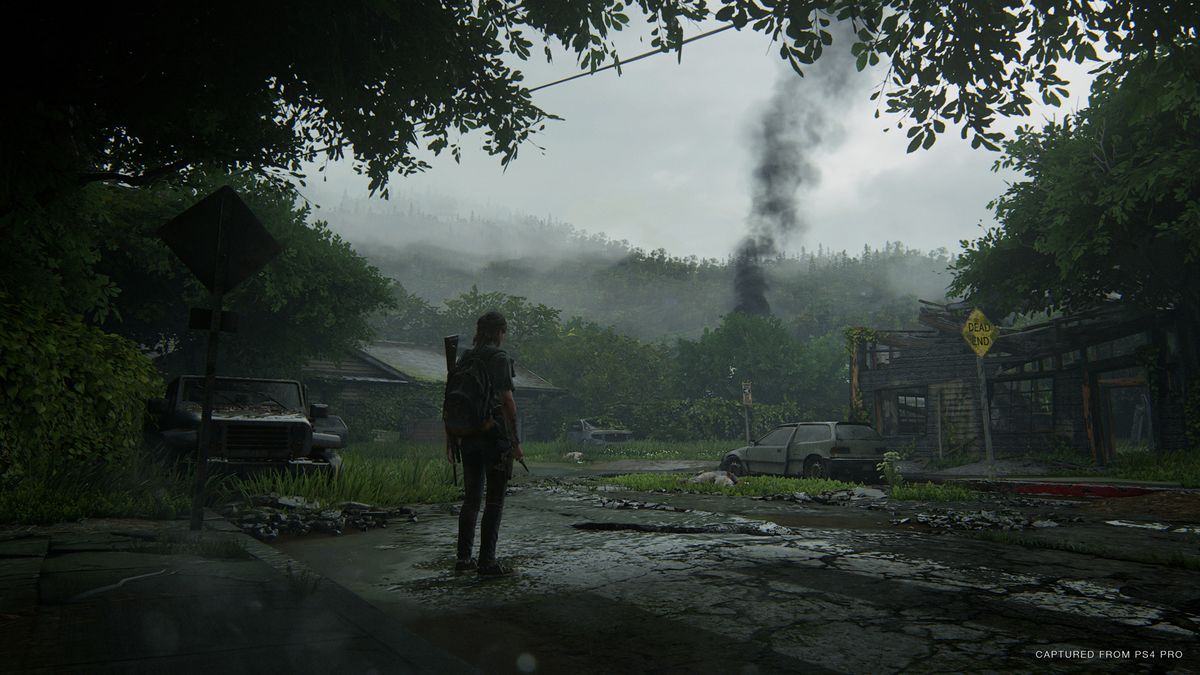
Halley Gross is a co-writer on The Last of Us 2, and the sort of person that's so effortlessly cool that you feel a sudden urge to formally invite them to be your new best friend. Before joining Naughty Dog for this dark tale of vengeance, Gross worked on prestige shows like Westworld, and brings a whole new perspective to the art of crafting a game narrative. For her, the story isn't just about monsters, but the internal scars that Ellie has to either try and heal or learn to live with.
"Ultimately, this is a story about the cycle of violence, right? But beyond that, it's a conversation about the effects systemic trauma can have on your soul," she tells me. "And so to do that, obviously Ellie experiences this deep trauma, it has an impact on her that's going to affect how she engages with the world. That's going to affect her tone as we sort of descend through that. That being said, Ellie is driven by love. It's love that sends her on this mission for justice. It's love that she feels for Joel, for Dina – these moments that buoy her."
"So much of what we're trying to do is lean into the why," Gross continues, explaining that The Last of Us 2 isn't just a story about revenge, it's a story about what drives a character to seek violent catharsis to begin with. "It's like, yes, she's going on this quest for justice, but why? What is this impact on her soul, and why does she continue to go on? And it's that lightness that I think will hopefully balance out the dark."
Tough choices
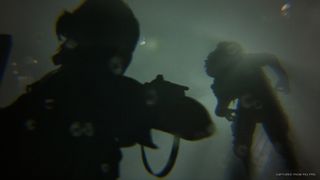
"The dogs in The Last of Us 2 aren't for petting, and your encounters with them are borderline traumatic"
That's a big ask of a player, to make them experience that trauma with Ellie and yet still want to pick up their Dualshock for more. Gross believes that it's the job of the story to make that struggle engaging, and to believe in Ellie's reasons for carrying on. "We're trying to help you feel the hard choices she has to make, help you feel how difficult it is to navigate the situation every day," she continues. "In most of the setups, you can decide if you want to stealth, you can decide if you want to engage in combat. So hopefully that will keep you invested in her narrative. But, ultimately, propel the message of choice. Of how every choice is hard and, everything has a sacrifice and everything has an impact."
Before I even have a chance to, Gross addresses the dogs. The dogs in The Last of Us 2 aren't for petting, and your encounters with them are borderline traumatic. In our demo, set in suburban Seattle, we have to face scent-tracking dogs as we hunt for our friend Tommy. The nature of gameplay demos mean we don't yet know why he's missing, or how much he really means to Ellie – we still know very little about what has happened in the five year gap between The Last of Us 2 and its predecessor – but at this point you trust Ellie's instincts enough to know that it barely matters.
"You encountered the dogs, I'm sure," she says. "And that's a hard thing to face. How much is my love for Tommy going to make me willing to engage with these dogs? Is there a way for me to avoid it? Do I have to make this hard call? And hopefully, we'll feel those decisions erode away at Ellie, and hopefully we can more deeply empathize with where she's going."
Engage is a nice way of putting it. The dogs are tenacious and deadly, and much more likely to find you than their human handlers. Once they've found you it's hard to run, but watching Ellie stab one to death under your control is no picnic either. If you think it'll be any different for the human characters, think again. I must have finished off thousands of faceless NPCs in my time, but these are the first that have ever made me feel actual guilt about it. The NPCs don't just keep silently marching on when you shoot someone, they react to the deaths, crying out names or just strangled cries of anguish. They may be NPCs, but they're not just nameless, faceless masses. "We want to raise the stakes for Ellie. So, every time you're experiencing these setups, yeah you have to engage with what would have been a typical NPC. But now, you've shot him, and his friend keeps screaming his name, and you have to carry the impact of your violence with you, as you escape that setup."
Sign up to the 12DOVE Newsletter
Weekly digests, tales from the communities you love, and more
Challenging Ellie
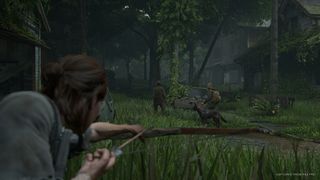
While for some other characters in action adventure games the sudden proficiency for murder feels like emotional whiplash, with Ellie it is totally understandable. Her backstory means that killing isn't the leap that it might have been for rich girl Lara Croft or charming treasure hunter Nathan Drake. I ask if there's a sense of paternal or maternal feeling towards Ellie, a character the team created as a child as has seen grow.
"I think what we're really trying to do is challenge Ellie to see who she can become when she grows up in such a hostile environment. And part of writing is, very unfortunately, torturing your characters, is putting them in hard situations, and testing their values and testing their drive. So while we love Ellie, and we're really excited to see her grow up, we're certainly not going to coddle her."
This nuance extends to the enemies as well. This new faction, seen for the first time in a trailer that debuted in Sony's State of Play showcase, is the WLF – the Western Liberation Front. A sort of xenophobic group of mercenaries who fear outsiders, and who appear well organized and relentless. We don't know what bigger part they have to play in the story, but along with the cult we saw in earlier trailers, they're a threat to Ellie and her people.
While they need to feel as threatening as the deformed, distorted mutants that stalk the game, they're still just people. That's the key to making them more relatable, but also scarier, than the enemies Ellie and Joel faced before. "They have families, they have children, they believe in what they're doing, in the same way that Ellie believes in what she's doing. And ultimately, that drive can make them even scarier, right? They're smarter, they're more capable, they're making a choice. Whereas the infected are victims of circumstance."
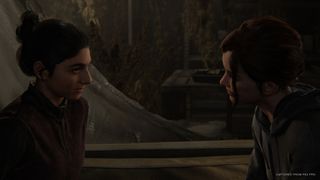
"I think what we're really trying to do is challenge Ellie to see who she can become when she grows up in such a hostile environment"
Halley Gross
This isn't just told in the cutscenes and dialogue, but as always Naughty Dog has littered the world with mementos of the past. Letters and diaries and snippets that add another layer of storytelling to the horror.
"As you saw in the early part of the demo, clearing out clickers, clearing out infected is routine – granted, there are stakes and there's a danger to it – but that's a familiar thing," elaborates Gross. "What you find unfamiliar is the other, is people who have different values than yourself, is the unknown. It's easy for us to lean into tribalism - they're the enemy. We want to challenge Ellie with that, but ultimately, it is about humanizing. Even if you don't agree with why the WLF do what they do, even if you don't stand beside them, you still understand they're people."
Talking to Gross really drove home that when The Last of Us 2 is released in February, it's going to have been worth the wait for everyone who fell in love with the original, and a whole new generation of players. This is prestige storytelling that's ready to tackle uncomfortable, painful questions about human nature and loss, and to make sure you get plenty of action adventure adrenaline to power you through while you're doing it. Clear your calendars for February, because this will be the only game that matters in early 2020.
The Last of Us 2 will be released on PS4 and PS4 Pro on February 21, 2020. For more on the game, check out our The Last of Us 2 hand-on preview after we played two new sections of the game.

Rachel Weber is the former US Managing Editor of 12DOVE and lives in Brooklyn, New York. She joined 12DOVE in 2017, revitalizing the news coverage and building new processes and strategies for the US team.
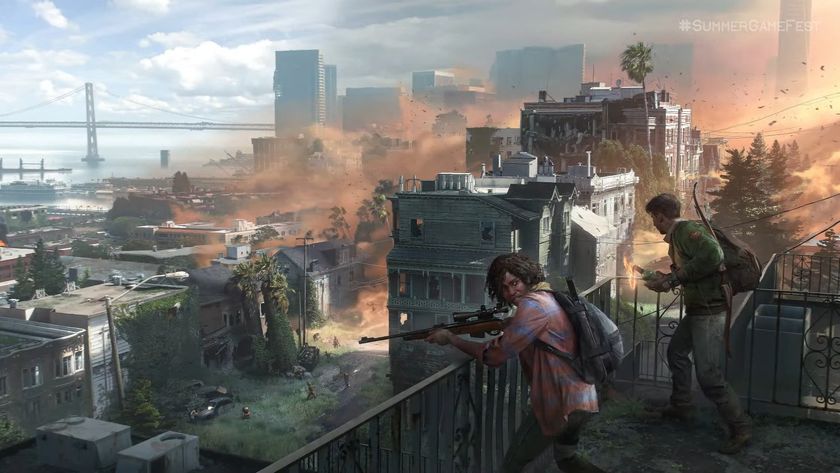
Cancelled The Last of Us Online game was "great," but former PlayStation exec says Naughty Dog had to scrap it after Bungie told them how much work it would be
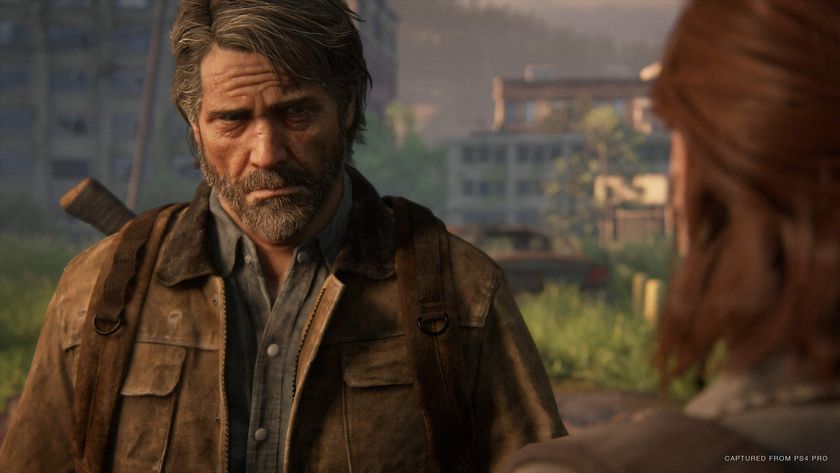
The Last of Us director Neil Druckmann doesn't have the "confidence" to plan for sequels: "I'm not saving some idea for the future"
Most Popular





